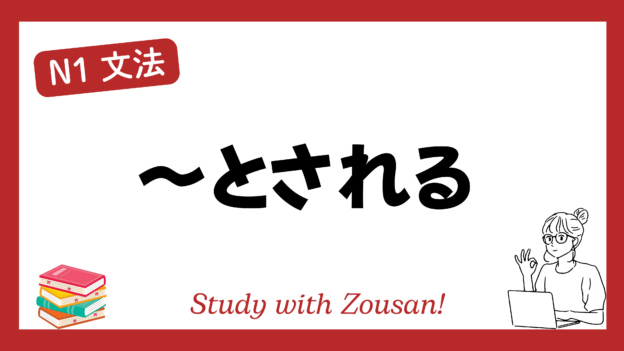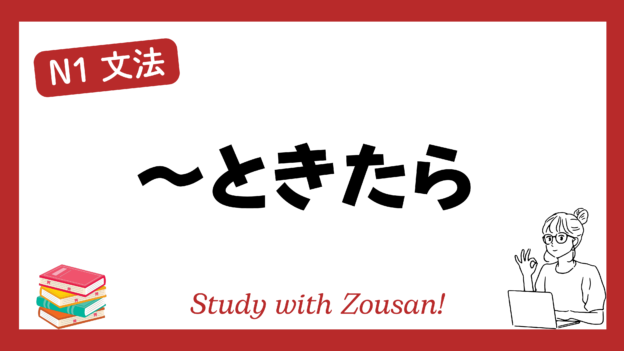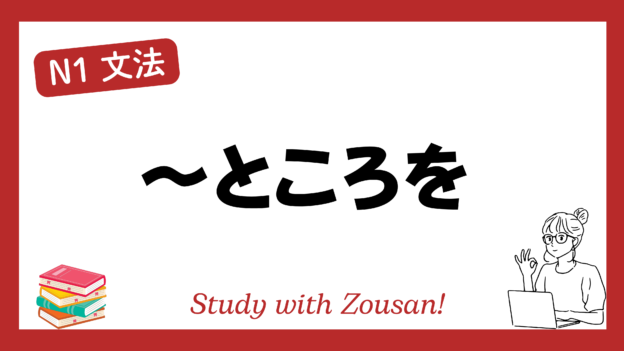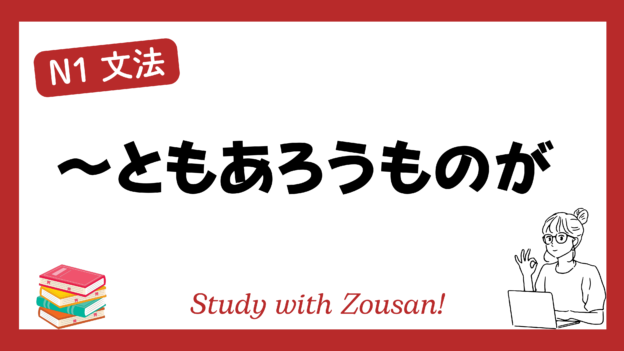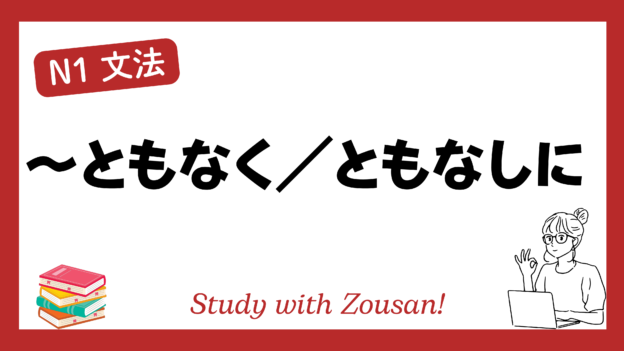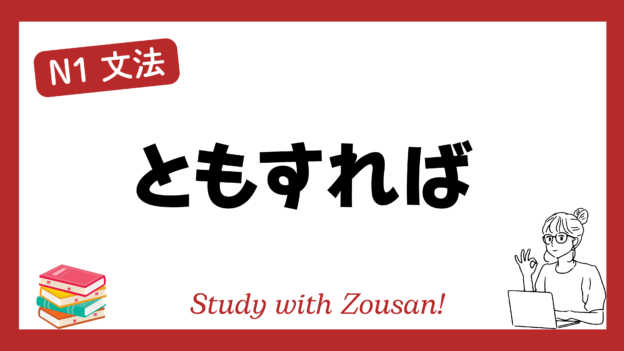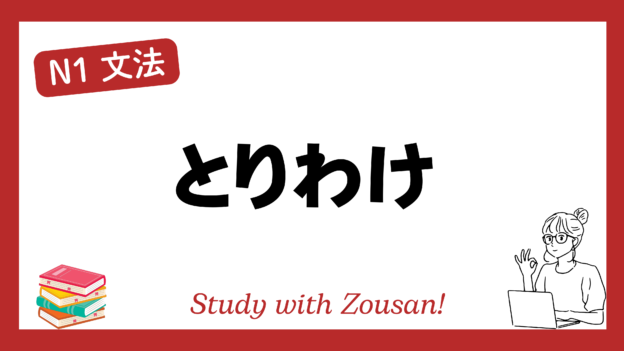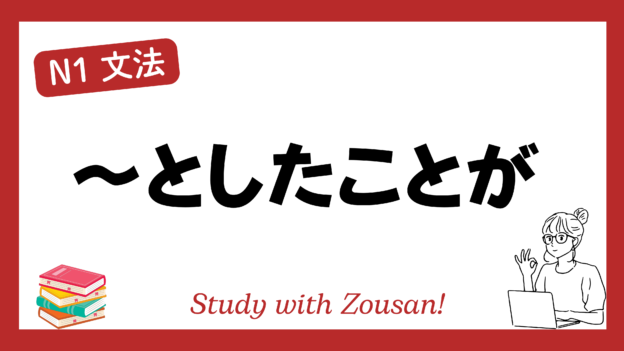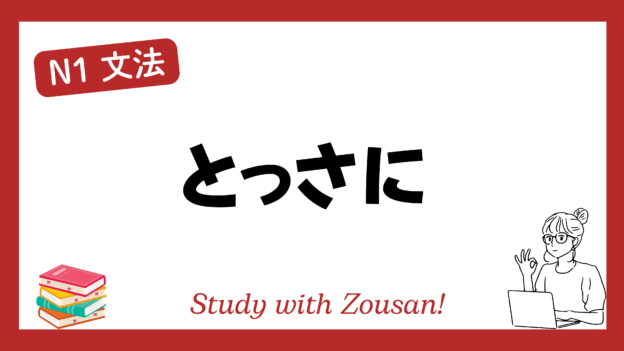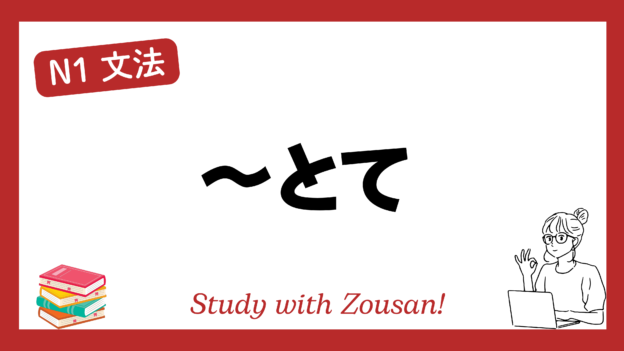Meaning: “It is said that…”, “It is considered that…”, “It is regarded as…”
This structure is used to express a general belief or evaluation held by many people or society about something. It is often used to describe what is believed, recognized, or considered as true in a certain situation. This expression is quite formal and is commonly used in written language or formal contexts.
※Note: This structure typically reflects public or professional opinion, without the speaker’s own subjectivity.
Structure:
| Sentence | + とされる + とされている |
| Noun |
Example:
-
-
-
🌟 彼は優れた学者だとされる。
(かれ は すぐれた がくしゃ だ と される。)
He is considered a distinguished scholar. -
🌟 この薬は効果が高いとされている。
(この くすり は こうか が たかい と されている。)
This medicine is believed to be highly effective. -
🌟 この問題は難しいとされる。
(この もんだい は むずかしい と される。)
This problem is considered difficult. -
🌟 彼女はその分野の第一人者だとされている。
(かのじょ は その ぶんや の だいいちにんしゃ だ と されている。)
She is regarded as a leading expert in that field. -
🌟 この地域は安全だとされる。
(この ちいき は あんぜん だ と される。)
This area is considered safe. -
🌟 その方法は効率的だとされている。
(その ほうほう は こうりつてき だ と されている。)
That method is considered efficient. -
🌟 彼の行動は無責任だとされる。
(かれ の こうどう は むせきにん だ と される。)
His actions are regarded as irresponsible. -
🌟 この建物は歴史的価値が高いとされている。
(この たてもの は れきしてき かち が たかい と されている。)
This building is believed to have high historical value. -
🌟 彼の成功は努力の結果だとされている。
(かれ の せいこう は どりょく の けっか だ と されている。)
His success is considered the result of hard work. -
🌟 この映画は非常に評価が高いとされている。
(この えいが は ひじょう に ひょうか が たかい と されている。)
This movie is considered highly acclaimed.
-
-


